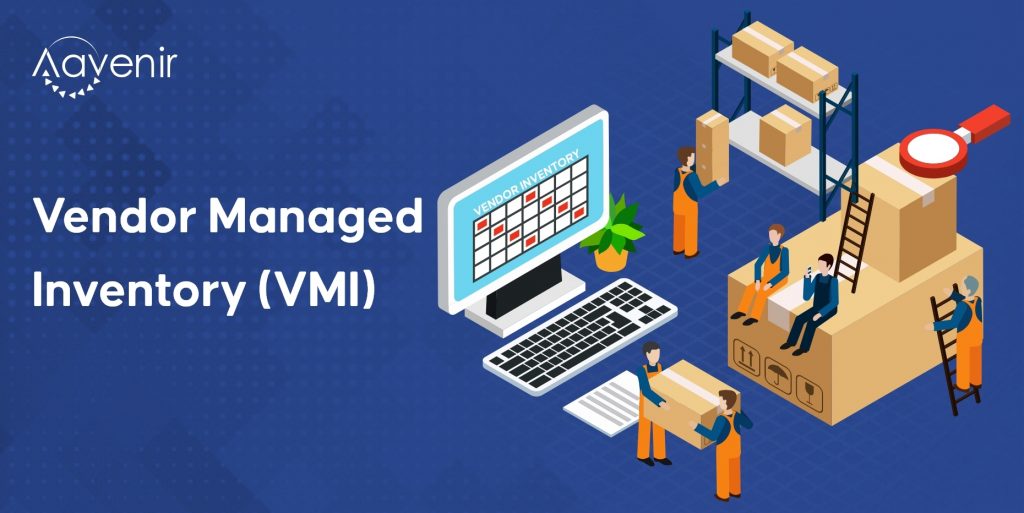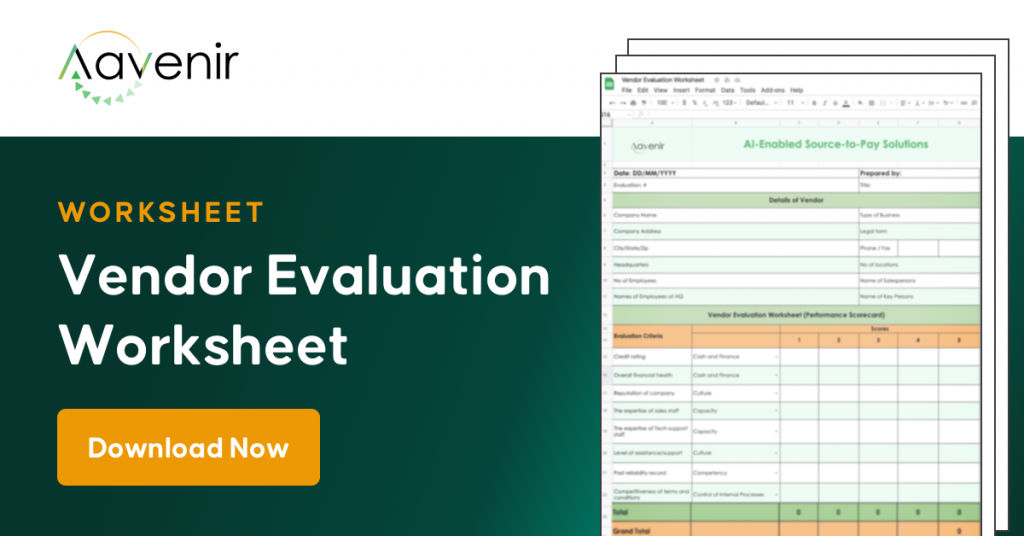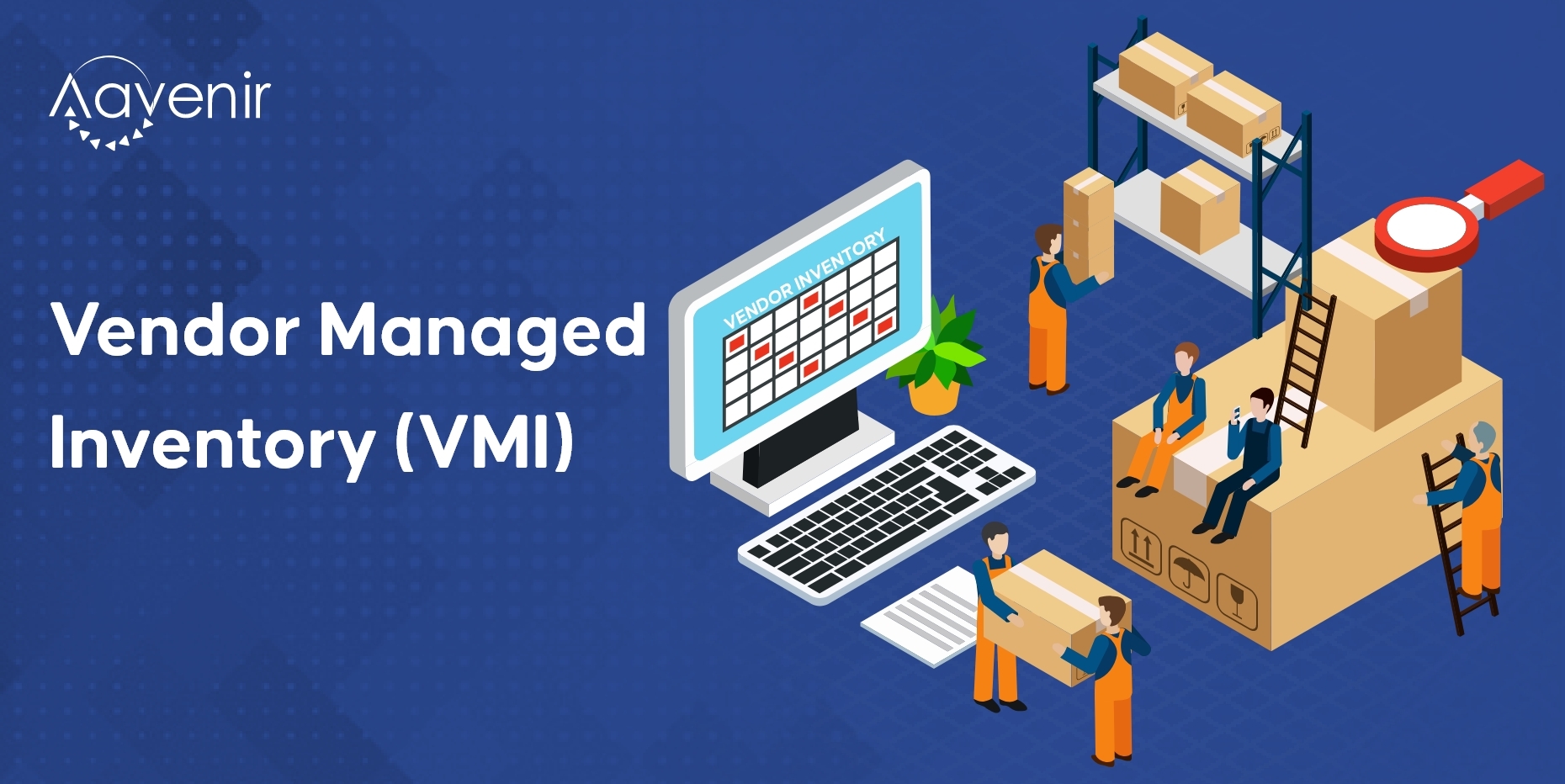What is Vendor Managed Inventory (VMI)?- Definition
Vendor-managed inventory (VMI) is a supply-chain agreement under which the supplier or manufacturer takes charge of the seller’s or retailer’s inventory management decisions. Wikipedia defines it as an inventory management technique in which a supplier of goods is responsible for optimizing the inventory held by a distributor. Various terms are used to describe these agreements, such as supplier-assisted inventory replenishment, managed inventory, or continuous replenishment program.

How Does VMI System Works?
Vendor-managed inventories are those that are owned by the vendor but are kept on the premises of the buyer or retailer. It’s a type of consignment inventory in which a vendor entrusts their inventory to the care of someone else while keeping ownership. So how does a supplier manage inventory? This is how a VMI system works:
1. The vendor and the buyer both agree on what goals and criteria characterize success in their VMI partnership. These are usually transaction costs, turnover rates, in-stock performance, and inventory. Other provisions of the contract will specify whether the buyer pays for the inventory when it is acquired or when it is sold to the end-user. Also, how will surplus inventory be returned?
2. The inventory is shipped to the buyer or retailer.
3. The vendor then monitors the buyer’s or retailer’s warehouse sales patterns and inventory levels for their products.
5. Reordering and replenishment calculations are made by the vendor based on demand predictions and lead time.
6. The computations are reviewed by the vendor’s VMI specialist or planner, and replenishment orders are placed.
What Benefits Does VMI Provide to Retailers?
By allowing vendors to view and manage inventory, retailers effectively:
- Minimize the amount of storage required in-house
- Return the obligation for replenishing to the vendors
- Reduce the amount of inventory on hand
- Costs of procurement and safety stock should be returned to the vendor
- Eliminate the cost of inventory management in-store
- Get rid of the traditional purchase order and invoicing management methods.
How Does VMI Benefit the Vendors?
With real-time inventory and sales data available at your fingertips, vendors can:
- Create more efficient delivery scheduling
- Schedule normal productions
- Eliminate emergency production and delivery
- Better coordinate raw material purchases
- Reduce system safety stock
Conclusion
Vendors must understand when to replenish their buyers’ inventory in order to maintain successful VMI partnerships. The key to this is for buyers to share their sales and demand forecasting data with their vendors. Finally, VMI facilitates the flow of goods from supplier to the buyer at a reduced cost and with greater insight into demand changes. Ultimately, VMI simplifies and decreases the quantity of information shared between buyers and suppliers, allowing them to maximize profitability in less time.
Explore Additional Resources To Know More



